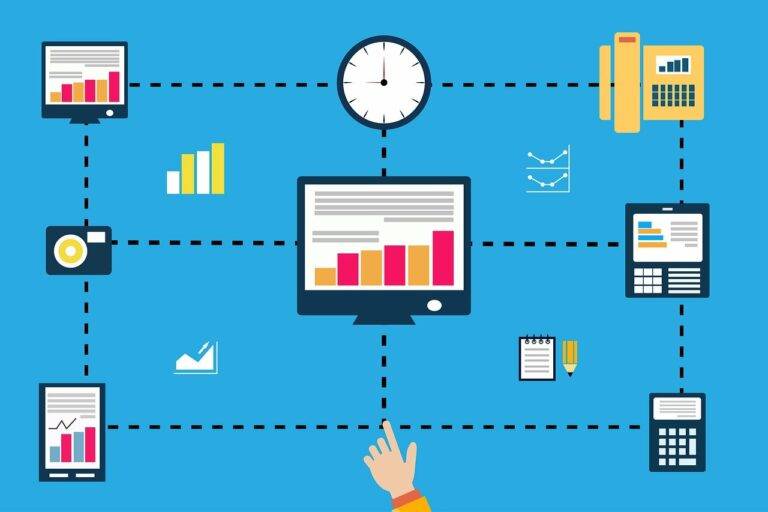Tech’s Influence on Food Safety and Quality Control
Technology plays a crucial role in ensuring safe food production. Through the use of advanced automated systems, food processing facilities can maintain strict hygiene standards and minimize the risk of contamination. These systems help monitor various stages of production, from ingredient sourcing to packaging, ensuring that food products meet safety regulations.
Furthermore, technology enables real-time tracking and monitoring of food production processes, allowing for immediate detection of any potential issues. By utilizing sensors and data analytics, food producers can quickly identify and address any anomalies that may compromise the safety of the product. This level of transparency and control helps to uphold quality standards and protect consumers from potential risks associated with unsafe food practices.
Advancements in Food Testing and Monitoring Technologies
One of the key advancements in food testing and monitoring technologies is the development of rapid and portable devices that can detect contaminants and pathogens in food products within minutes. These devices have revolutionized the industry by providing real-time results, allowing producers to quickly identify and address any potential hazards to ensure the safety of the food supply chain.
In addition, the use of blockchain technology has greatly improved traceability in the food industry by providing a transparent and immutable record of each step in the supply chain. This technology enables stakeholders to track the journey of food products from farm to fork, making it easier to identify the source of any issues that may arise, such as foodborne illnesses or contamination incidents.
How Technology is Improving Traceability in the Food Supply Chain
Traceability in the food supply chain has become a critical aspect of ensuring food safety and quality. With the advancements in technology, companies are now able to implement sophisticated tracking systems that allow for real-time monitoring of products from farm to table. By utilizing technologies such as RFID tags, barcodes, and blockchain, businesses can track every step of the supply chain, providing transparency and accountability.
One notable benefit of technology in improving traceability is the ability to quickly pinpoint the source of any contamination or food safety issues. In the event of a recall, companies can efficiently trace back the origins of the product in question, minimizing the impact on consumers and preventing widespread outbreaks. This not only enhances consumer trust but also helps in regulatory compliance by demonstrating a proactive approach to food safety.
• Technology such as RFID tags, barcodes, and blockchain allows for real-time monitoring of products
• Companies can track every step of the supply chain from farm to table
• Quick pinpointing of the source of contamination or food safety issues is possible with technology
• Efficient tracing back of product origins during recalls minimizes impact on consumers
• Enhances consumer trust and helps in regulatory compliance by demonstrating a proactive approach to food safety
How does technology help ensure safe food production?
Technology helps in monitoring and controlling various aspects of food production such as temperature, humidity, and cleanliness to prevent contamination and ensure safe food production.
What are some advancements in food testing and monitoring technologies?
Some advancements include DNA testing for food authenticity, sensors for monitoring temperature and humidity in storage facilities, and blockchain technology for tracking the entire food supply chain.
How does technology improve traceability in the food supply chain?
Technology such as barcode scanning, RFID tags, and blockchain allows for real-time tracking of food products from farm to table, making it easier to trace the source of any contamination or quality issue.
Is traceability important in the food supply chain?
Yes, traceability is crucial in the food supply chain to ensure food safety, quality control, and to quickly identify and address any issues that may arise.
How can consumers benefit from improved traceability in the food supply chain?
Consumers can have more transparency about where their food comes from, how it was produced, and its journey through the supply chain, leading to increased trust and confidence in the food they consume.





